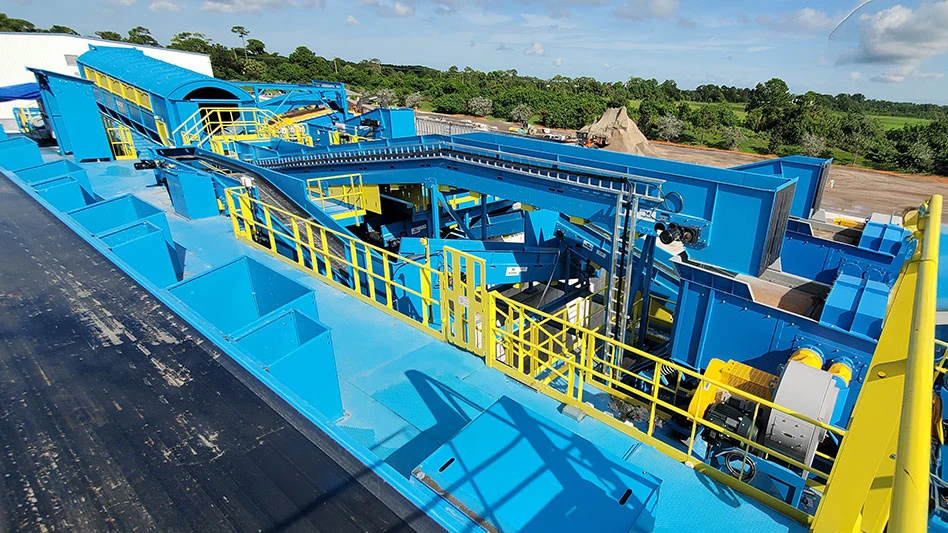The state of Maine has launched the first manufacturer-funded program in the nation designed to capture hazardous electronic waste for safe disposal and recycling.
Under the law enacted in 2004, municipalities will send waste computer and television monitors to consolidation centers that are fully-funded by manufacturers. The manufacturers also pay to safely ship and recycle the electronic waste according to Maine’s environmentally sound recycling guidelines. The law went into effect Jan. 18.
Maine has also banned the landfilling and incineration of computer and television monitors, effective July 20, 2006.
By requiring producer responsibility, Maine’s approach encourages manufacturers to use less lead and other toxic materials and saves consumers and municipalities money otherwise spent to dispose of “e-waste.” Maine’s law was prompted by the lack of a national program to address electronic waste and by the glut of obsolete electronics filling attics, garages and closets.
“I am proud that Mainers have shown our strong environmental leadership again, this time tackling the safe recycling of electronic waste to keep toxics out of our environment,” said Maine Governor John Baldacci. “Maine’s electronic waste recycling law based on product stewardship is a national model as it protects our environment, saves taxpayers money and puts costs where they belong to encourage safe design and recycling of electronic wastes.”
An estimated 100,000 computers and televisions are stockpiled each year in Maine; As many as 1,000,000 units may become electronic waste by 2010.
Maine’s law, unlike a measure adopted by California last year, assigns significant responsibility to the manufacturers of the products. The “producer responsibility” concept is designed to draw on the resources and innovation of private companies for efficiency, and to minimize costs to taxpayers.
Maine’s electronic waste law works in the following way:
• Municipalities will send waste computer and television monitors to consolidation centers that are fully-funded by manufacturers that sell computer monitors and TVs in Maine
• If they prefer, manufacturers can take back their own products directly.
• Manufacturers pay to safely ship and recycle the electronic waste according to Maine’s environmentally sound recycling guidelines adopted by Maine’s Department of Environmental Protection.
• Manufacturers cover costs apportioned according to the number of their units recovered in Maine, including a share of “orphan units,” those made by manufacturers now out-of-business.
• Maine’s DEP has adopted rules to control costs, and approves the consolidation centers and the collection and recycling plans.
• Maine has banned the landfilling or incineration of computer and television monitors effective July 20, 2006.
Latest from Recycling Today
- Greenwave raises revenue but loses money in Q2 2025
- Recycled steel prices hold steady
- EY says India’s need for scrap imports will continue
- Coming full circle
- Amcor, DCM introduce fertilizer packaging with 35 percent recycled content
- Comstock Metals gets closer to commissioning commercial-scale solar panel recycling facility
- Washington selects Circular Action Alliance as PRO
- Smurfit Westrock expands in Latin America





